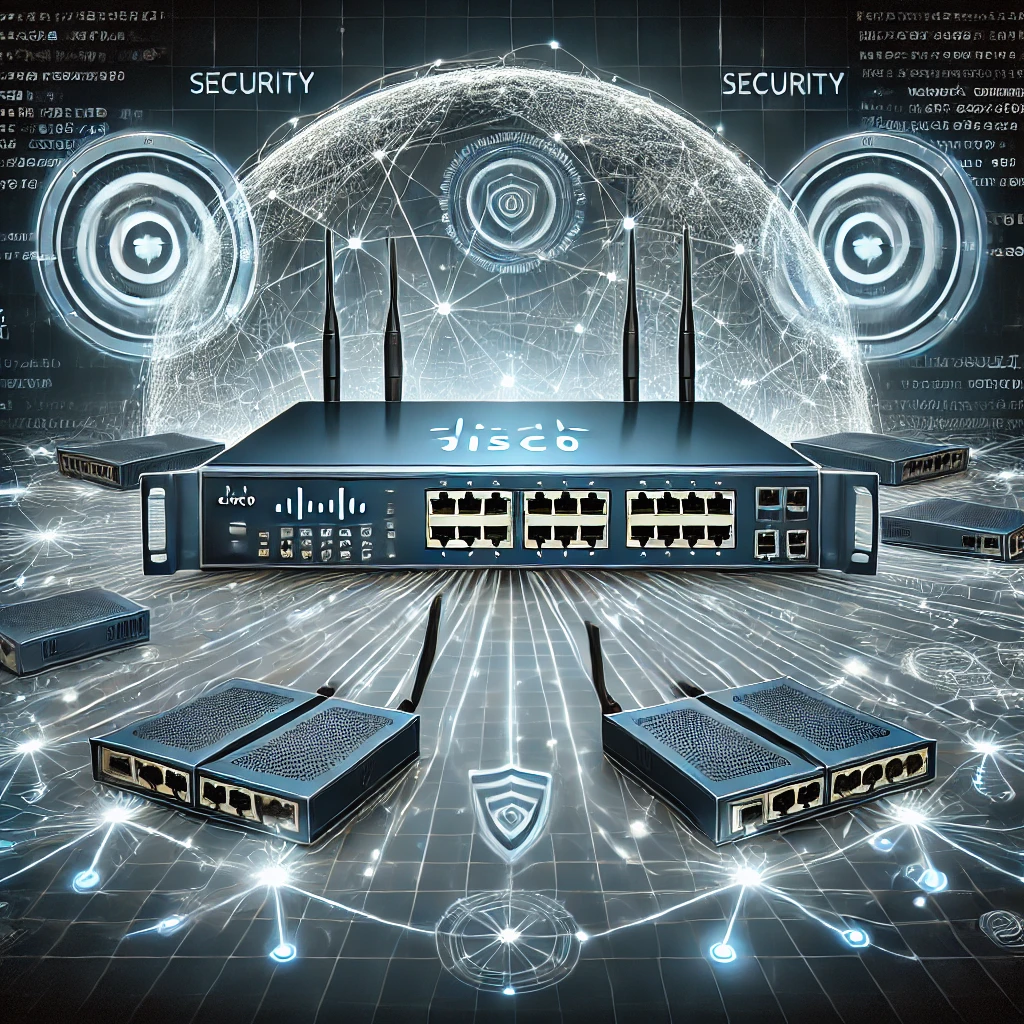An Internetwork Operating System (IOS), most commonly associated with Cisco Systems, is a software platform used to manage and operate network devices such as routers, switches, and firewalls. The Cisco IOS is pivotal for networking professionals as it allows them to configure, troubleshoot, and manage the hardware devices that form the backbone of modern communication networks. Understanding the intricacies of IOS is essential for anyone looking to excel in the field of network administration.
Key Features of Internetwork Operating Systems
- Device Management: The IOS enables administrators to manage the functionalities of network devices. Through a command-line interface (CLI), users can configure device settings, manage network protocols, and ensure the optimal performance of network traffic.
- Routing and Switching: One of the core functions of IOS is managing data traffic through routing and switching. This involves directing data packets between networks, ensuring they reach their destination efficiently.
- Security Management: With the increasing focus on cybersecurity, IOS integrates robust security features. It supports firewall configurations, VPN management, and secure access protocols, helping to safeguard the network against unauthorized access and threats.
- Automation and Scripting: Modern IOS versions support automation through scripting languages like Python. This capability allows network administrators to automate repetitive tasks, improving efficiency and reducing the likelihood of human error.
- Scalability and Flexibility: Cisco IOS is designed to be scalable, accommodating networks of varying sizes, from small local area networks (LANs) to large-scale enterprise networks. It also supports a wide range of networking protocols, making it adaptable to different network environments.
Importance of IOS in Network Management
Internetwork Operating Systems like Cisco IOS are integral to the operation and management of networks. They provide the tools necessary for:
- Configuring Network Devices: IOS allows administrators to set up and adjust network devices to meet specific operational requirements.
- Monitoring Network Performance: Through various built-in diagnostic tools, IOS helps in monitoring network health, identifying issues, and ensuring efficient data flow.
- Implementing Security Protocols: IOS supports various security features, such as Access Control Lists (ACLs) and encryption, to protect the network from potential threats.
Best Practices for Using Internetwork Operating Systems
- Regular Updates: Keeping the IOS updated is crucial for ensuring that the network remains secure and efficient. Regular updates often include security patches, performance improvements, and new features.
- Backup Configurations: Regularly backing up device configurations can save time and resources in the event of a failure, allowing for a quicker restoration of services.
- Use of Automation: Leverage the automation capabilities of IOS to manage large networks more effectively, reducing manual intervention and the risk of errors.
Conclusion
An Internetwork Operating System, particularly Cisco IOS, is a critical component in the management of modern networks. Its versatility in handling various network operations, coupled with strong security and automation features, makes it indispensable for network professionals. Whether you are managing a small business network or a large enterprise system, a strong understanding of IOS is essential for ensuring smooth and secure network operations.









